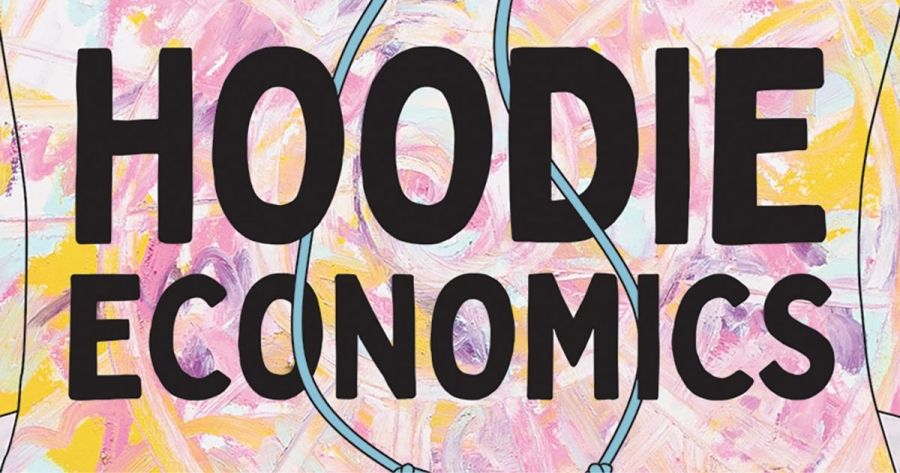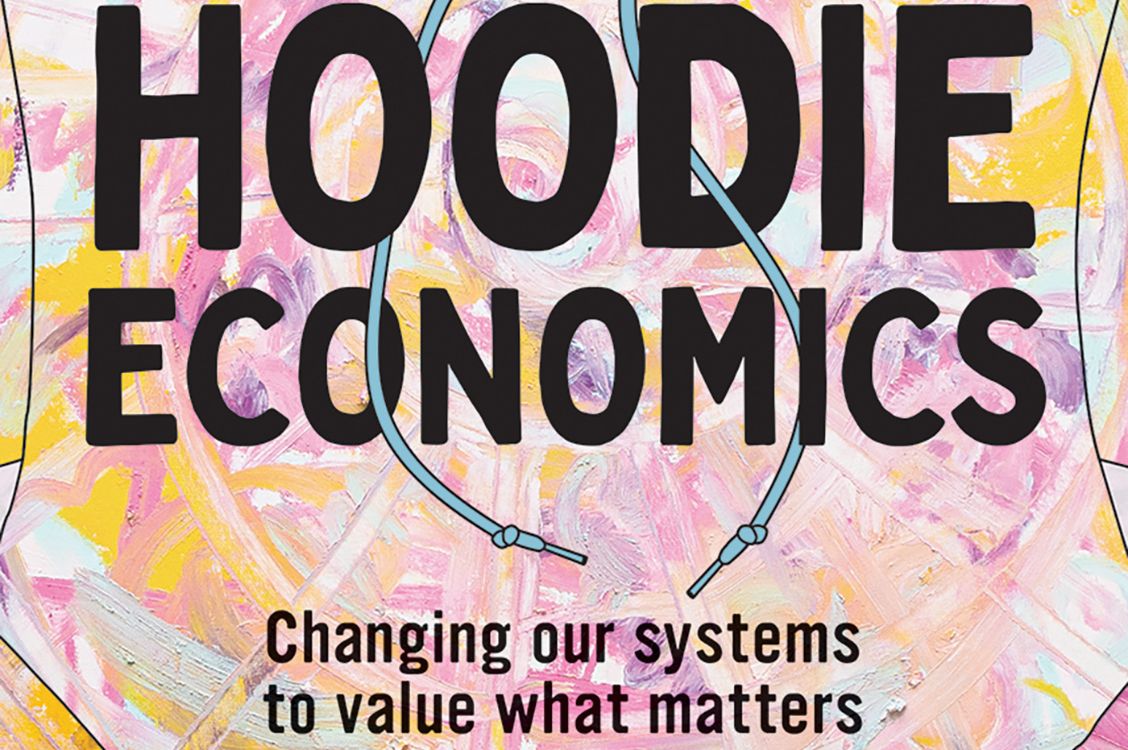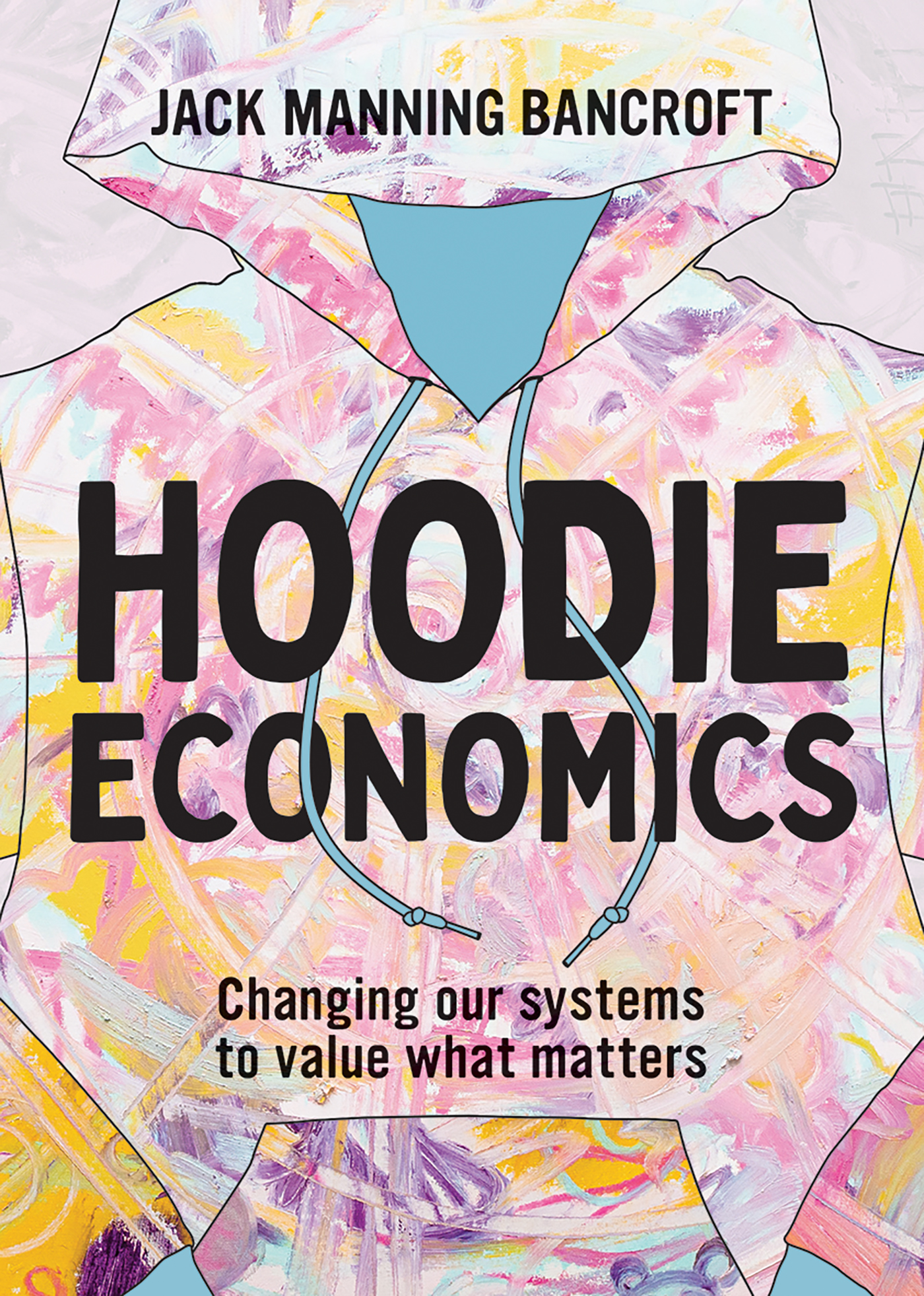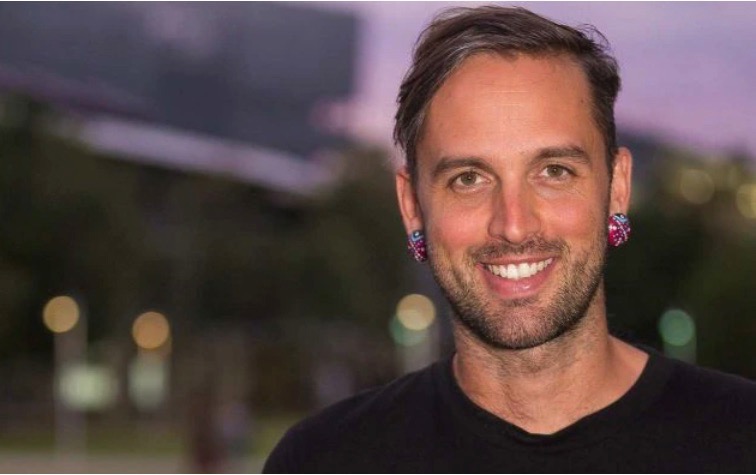
- Free Article: No
- Contents Category: Economics
- Review Article: Yes
- Article Title: Cooperative economics
- Article Subtitle: A new chapter for AIME
- Online Only: No
- Custom Highlight Text:
In Hoodie Economics, Jack Manning Bancroft, the founder of the Australian Indigenous Mentoring Experience (AIME), offers an outline of the organisation’s next chapter. AIME, established in 2005, paired Indigenous secondary school students with university mentors. Since 2015, AIME has begun to transition, in collaboration with PwC’s Indigenous Consulting and alliance partner Salesforce, into a learning and mentoring resource network. As the organisation’s website puts it, AIME’s latest incarnation, the IMAGI-NATION [University], is a ‘global community of problem-solvers and change-makers’ earmarked to end – intentionally – in 2033, leaving behind ‘a legacy of tools, case studies, and a healthier system for all species on earth’. In the meantime, the ‘innovative platform is set to revolutionize how we solve global challenges, fostering a community of thinkers, dreamers, and doers’. In other words, AIME has entered the economies of algorithmic data, decentralisation, and gamification.
- Featured Image (400px * 250px):

- Alt Tag (Featured Image): Declan Fry reviews 'Hoodie Economics: Changing our systems to value what matters' by Jack Manning Bancroft
- Book 1 Title: Hoodie Economics
- Book 1 Subtitle: Changing our systems to value what matters
- Book 1 Biblio: Hardie Grant Books, $34.99 pb, 203 pp
- Book 1 Cover Small (400 x 600):

- Book 1 Cover (800 x 1200):

‘Potential’ concerns systems limitations, how to accommodate differences between people, between what is sometimes called ‘fit’, the interface between an idea and a pre-existing system, the square peg and the round hole – an organisation, say, and the people who work within it. Bancroft dates the problem to the British Empire of the seventeenth century, noting that this is only one way of framing things. In Australia, Captain Cook discovers that the British coin, circa 1770, has no real currency outside of Britain; similarly, Bancroft suggests, organisations might consider how their operational process might be informed by the pre-existing knowledge of Aboriginal and Torres Strait Islander peoples, rather than seeking to simply slot people into organisations. The ongoing revolution of climate change, along with digitisation and automation, are a challenge, Bancroft suggests, but they can also act as a spur to growth and change.
 Jack Manning Bancroft (Hardie Grant Books)
Jack Manning Bancroft (Hardie Grant Books)
Reading the chapter titled ‘Relations’, I was reminded of the British jazz pianist Alfa Mist’s words at the beginning of his song ‘Nucleus’: ‘I guess I gotta say, one of my aunties, she was saying, “when we were growing up, we used to get beat when da-da-da-da-da”. Crazy level of remorse and maturity. Cause when the kids challenged them and tried to tell them something they’d get frustrated. They weren’t eloquent enough to express their lessons and so on and so forth. They didn’t have the passion, you know?’ I admit, sometimes I misheard the words ‘express their lessons’ as ‘express their relations’, which may be applicable to Bancroft’s concept of relations, in which the idea of the relation itself challenges the fear-based mindset of zero-sum strategising, along with models predicated on extraction or endless supply and demand, towards a more reciprocal, interconnected approach. Such an outlook would prioritise our imbrication in all things rather than view the human subject in isolation from its surroundings.
Bancroft invites readers to contemplate a relational economy comprising seven different elements. Among these, the first, ‘See through a systemic lens – everything is in relation’, can be considered in terms of the butterfly that flaps its wings and precipitates a seemingly unrelated major event halfway across the globe. (It has been said many times, but bears repeating, that Covid exemplifies this chain of causality.) As the Kev Carmody and Paul Kelly tune has it – a song which Bancroft and his partner Yael Stone sing together in New York City, finding themselves falling in love as AIME is being launched globally – from little things big things grow. Moreover, these apparently little things become larger than any individual part considered in isolation. Bringing new ideas into different contexts is not straightforward work – Bancroft relates the difficulty of bringing AIME to New York, employing words which located things in a perspective that invited challenges surrounding the translation of race and colour across different histories, communities, and cultures – but there is no way of entering into relationality and attempts at cultural translation without encountering and responding to such complexity.
The third point, ‘Emergence as an impact tool and area of investment’, draws on Charles Eisenstein’s book Sacred Economics (2011), which examines the possibility of a cooperative rather than competitive economics. This is perhaps the largest challenge, one which sits at the heart of Hoodie Economics: can economics be cooperative? Gift economies and other relations which traditionally took place outside the dictates of the market economy show that perhaps it can; whether this is possible within the frame of capitalism as it currently operates is a difficult question. The risk is always that capital and cultural industries will simply co-opt and assimilate other knowledges and ways of thinking – including, naturally, Indigenous knowledges, any alternatives proffered by Hoodie Economics, and all other ‘fixed, fast-frozen relations’, as Marx wrote. Bancroft writes – in addition to observing that ‘any fixed rule is flawed’ – that ‘From nature we have models that give us a chance to regenerate and lift up our own systems [...] This is the moment in history when relations can spread further and faster across the world than ever before. There is no reason why we can’t emerge in deeper relation with a plan for human custodial life on Earth for another 60,000 years.’
Capitalism has undergone many regenerations already, shifting and evolving such that it remains with us many centuries after the economic crisis of the late Middle Ages, the analysis and critiques of Adam Smith and Karl Marx, nearly eight decades after the Bretton Woods accord, and several other evolutions. How much of the status quo can be retained – and how much of it is capable of regeneration – is the question Hoodie Economics invites us to ponder.


Comments powered by CComment